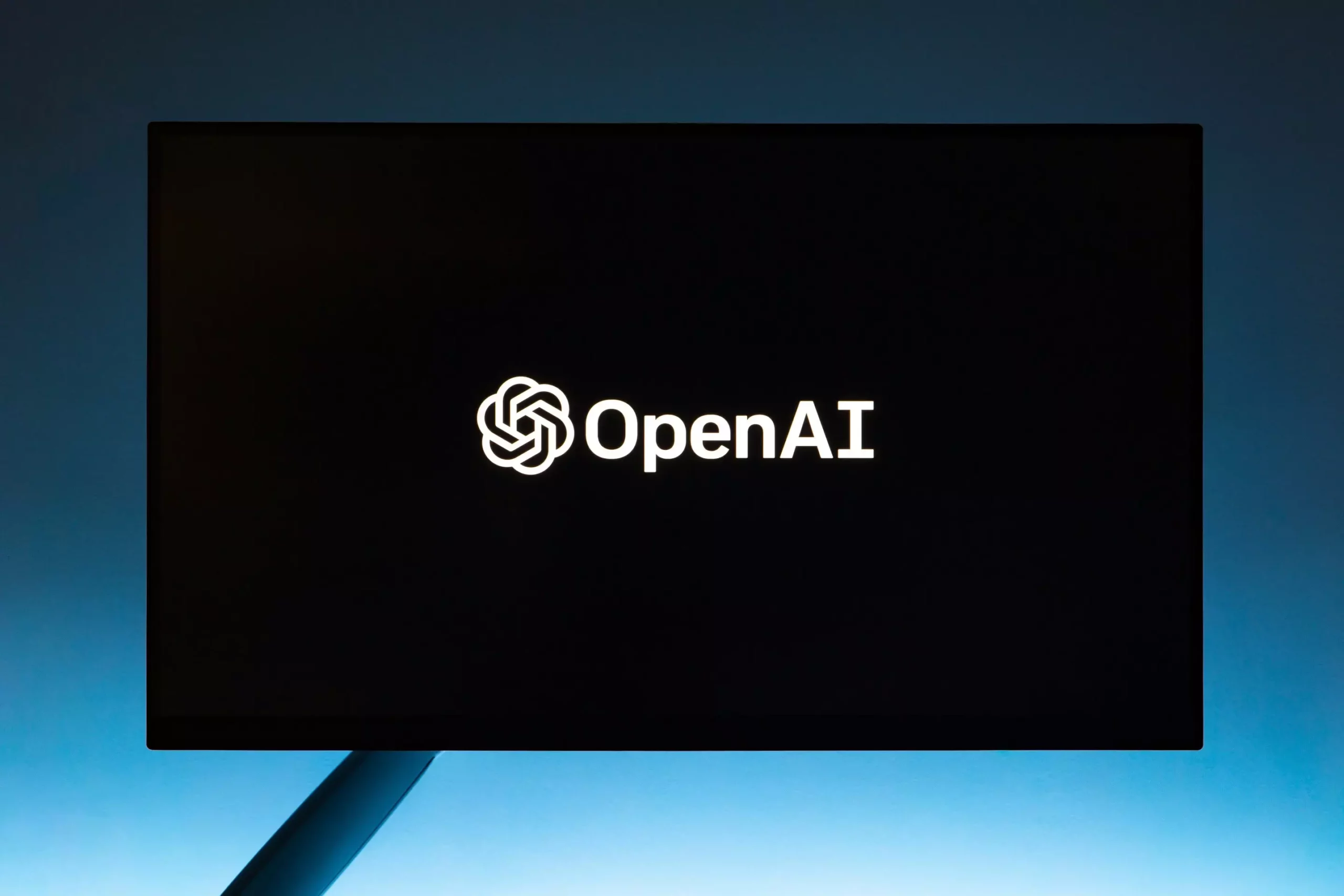Last month, OpenAI took a notable stance against a California law aimed at regulating the safety measures for artificial intelligence (AI) development. This shift is particularly striking given the company’s CEO, Sam Altman, previously advocated for stricter AI regulation, recognizing the tumultuous implications of this rapidly evolving technology. OpenAI, a former nonprofit that gained significant attention with the introduction of ChatGPT in 2022 and has since ballooned to a valuation of approximately $150 billion, now finds itself at a crossroads, grappling with both immense potential and responsibility.
While the company’s new “reasoning” model was recently launched to tackle increasingly complex tasks, there is an underlying narrative of advancing AI capabilities overshadowed by growing concerns about how this technology intersects with user data and privacy rights.
In an age where data is often regarded as the new oil, OpenAI’s recent endeavors indicate a expanding hunger for more varied and intimate data. The company’s partnerships with renowned media enterprises—such as Time magazine and Condé Nast—grant it access to vast reservoirs of content data. Though OpenAI asserts that its primary focus remains on enhancing AI capabilities, the breadth of data could enable it to form intricate user profiles based on habits, preferences, and behaviors. Such profiling could lead to advances in targeted content generation but raises significant ethical and privacy considerations.
Furthermore, OpenAI’s investment in biometric collection technologies, such as a startup aimed at enriching webcams with AI, adds another layer of sensitivity to their data strategy. With technology capable of interpreting facial expressions and inferred psychological states, the potential ramifications extend well beyond simple user engagement metrics to invasive personal analytics.
The company’s foray into health data, particularly through its joint venture, Thrive AI Health, continues to stoke privacy concerns. While Thriving AI Health advocates for strong privacy controls, historical instances in the healthcare field, like the controversies faced by Google DeepMind, cast doubt on its ability to protect sensitive data. Previous projects have raised flags over how personal health data has been managed, and the specter of these precedents looms large over OpenAI’s current ventures.
Moreover, the imbroglio surrounding WorldCoin, a biometically focused cryptocurrency project co-founded by Altman, further signifies the company’s ambitions. With millions of biometric scans claimed already, questions arise regarding consent, security, and the ethics of data commercialization.
In the digital age, large datasets come with inherent risks. Breaches have become alarmingly common, and the stakes are particularly high for AI firms that aggregate sensitive user data. A notable example includes the Medisecure breach, where extensive personal medical information was compromised. This incident exemplifies the potential catastrophic outcomes of inadequate data protection frameworks.
While there is no concrete evidence that OpenAI plans to misuse data, the significant complications associated with data aggregation cannot be understated. OpenAI’s sporadic concern for privacy, coupled with a tech industry fraught with a history of compromises, evokes apprehension regarding the company’s intentions. The prospect of centralized data management could empower OpenAI to exert undue influence over its users, affecting both individual liberties and broader societal structures.
Adding another layer to the discourse, Sam Altman’s fluctuating leadership status—marked by a brief ousting and swift reinstatement—hints at possible rifts within OpenAI regarding its operational priorities. While Altman’s ambitions for rapid AI commercialization signal a drive for innovation, the implications on safety protocols appear to be secondary considerations. The governance shifts within OpenAI may reflect a penchant for growth at any cost, which undermines the ethical foundations of AI deployment.
This tumult brings into question the broader consequences of OpenAI’s opposition to regulatory measures, particularly given the rising tide of public concern regarding technology’s encroachment on privacy and personal spaces. The fallout from these decisions may extend far beyond immediate business interests, influencing societal perceptions and potential legislation surrounding technological advancements.
OpenAI stands at a crucial juncture. The desire to be at the forefront of AI innovation—in a landscape of fierce competition—must be carefully balanced with ethical considerations that cater to privacy protection. The troubling implications of its current data strategies could undermine trust, forcing a reckoning with both the public and regulatory entities.
As the world becomes increasingly aware of the potential ramifications of unchecked technology, stakeholders must advocate for transparency, ethical standards, and a commitment to safeguarding individual rights. OpenAI’s approach to navigating these intricate challenges will ultimately redefine not only its success but also the future of AI as a societal cornerstone.
In a world where innovation and privacy can often appear at odds, OpenAI must learn not only how to advance technologically but also how to do so responsibly. The stakes have never been higher, and the urgency to establish a sustainable framework for ethical AI deployment is pressing.


Leave a Reply